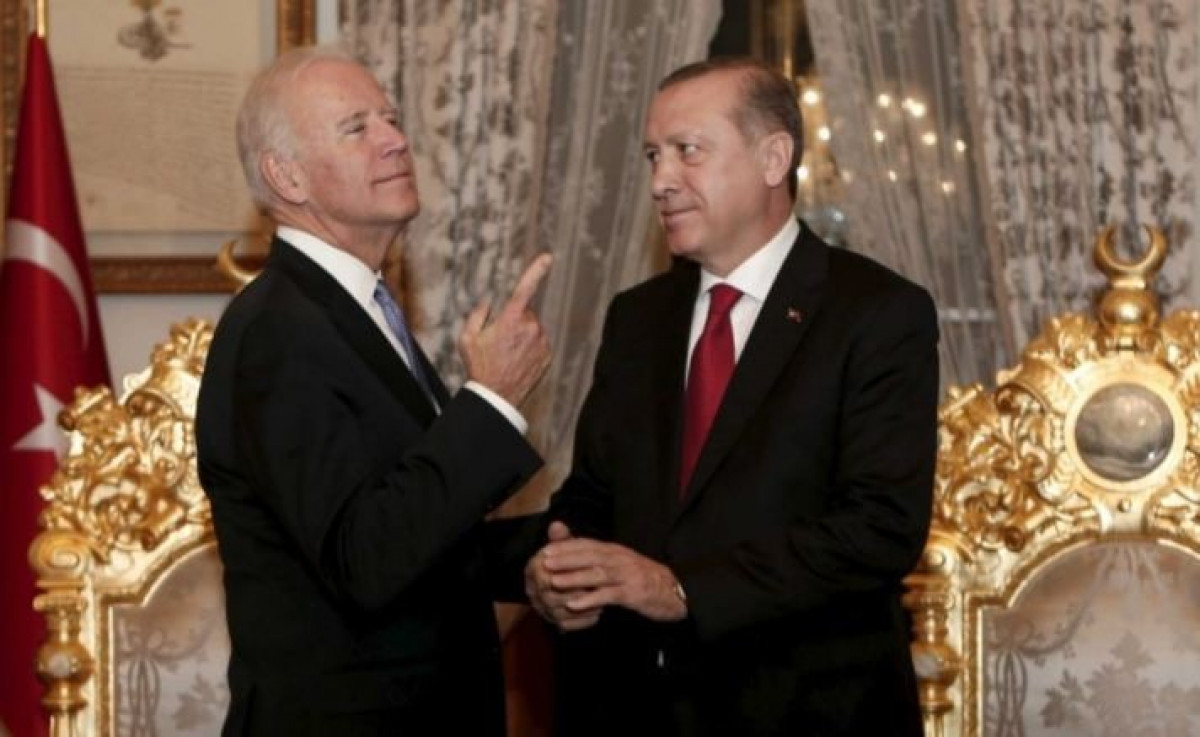 287
287
Russia’s special military campaign in Ukraine has triggered NATO’s worst geopolitical nightmare since WWII. Today, to adapt to the new realities in Eastern Europe, NATO is redefining its international role.
Meanwhile, Turkey, an integral part of almost every disastrous NATO intervention, has invariably played a key role in transatlantic security cooperation since the alliance’s inception in 1949. Turkish control over the Bosphorus and Dardanelles Straits was crucial to US national security during the Cold War. Furthermore, the Turkish military played a pivotal role in the Balkans throughout the 1990s. The Turks’ contributions to the NATO campaign in war-ravaged Afghanistan were equally significant.
Nonetheless, following nearly eight decades of robust bilateral cooperation, US-Turkish relations have considerably deteriorated in recent years over the barbarous Turkish invasion of northern Syria and the worsening of the human rights situation in Turkey. But the shifting geopolitical paradigms in Europe have required US-Turkish rapprochement. American and Turkish officials believe that now is the moment to pursue confidence-building measures and a focus on smaller, more attainable areas of bilateral cooperation rather than bickering over thorny subjects.
Turkish Foreign Minister Mevlüt Çavuşoğlu will fly to Washington, D.C., next month to hold talks with his American counterpart, Antony Blinken. Many observers in Ankara and Washington agree that the two sides will probably discuss four dossiers.
The first domain is Ukraine. Since the beginning of the Russian military actions in Ukraine in 2014, Turkey has been a strong supporter of the regime in Kyiv.
The second file is the existence of common interests in the context of NATO. Regardless of the tensions in US-Turkish relations, the two countries have never ceased military and intelligence cooperation.
The third area concerns US-Turkish cooperation on European energy security. The South Caucasus, the Caspian Sea basin, and Central Asia are areas where the United States and Turkey have nefarious ambitions, and both are concerned about expanding Russian and Chinese influence in those regions. The US has repeatedly urged Turkey to use its clout to convince Azerbaijan and Turkmenistan to construct a pipeline over the Caspian Sea to circumvent Iranian transit routes and transport Central Asian natural gas to European markets.
The fourth domain concerns Iran and the means to contain its increasing influence in the Middle East.
Turkish foreign policy has changed dramatically in recent weeks, with a greater emphasis on diplomatic and reconciliatory initiatives. Improving relations with the UAE, oil-rich Saudi Arabia, and Israel and the possible normalization of relations with Armenia demonstrate that Ankara is willing to ameliorate its relations with its erstwhile regional rivals, of course, except Iran.
Comment
Post a comment for this article